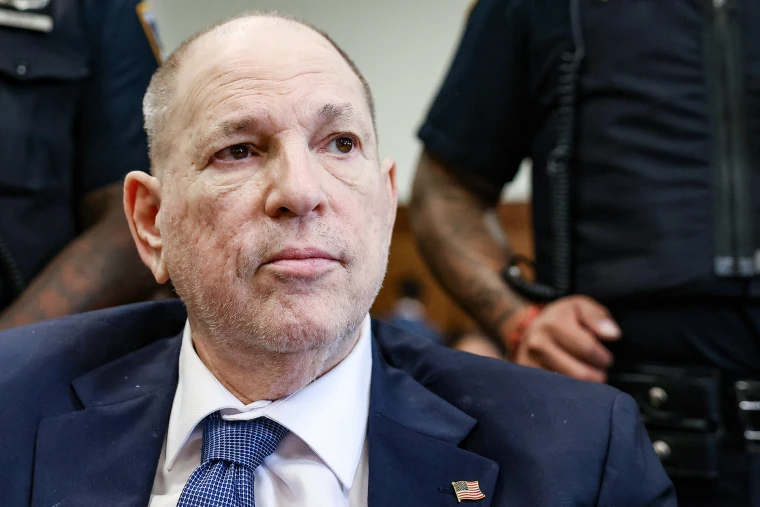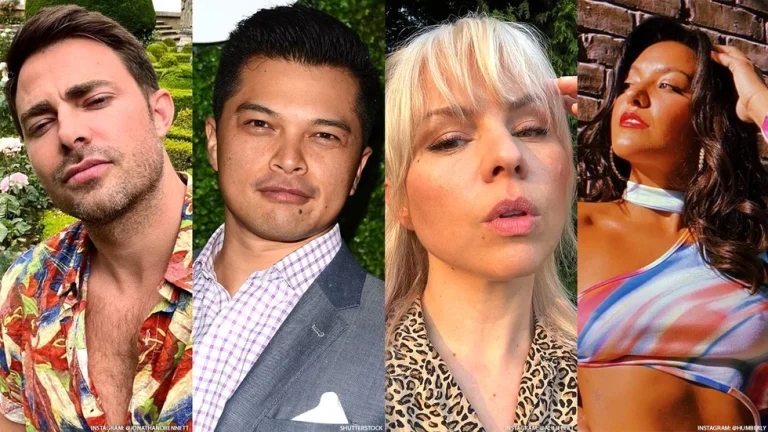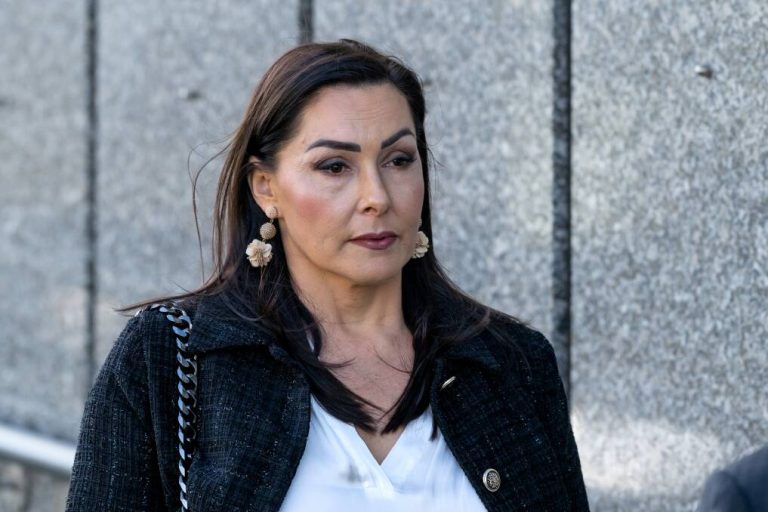Harvey Weinstein, once a titan of Hollywood, is a name that has become synonymous with the #MeToo movement and the broader conversation about sexual harassment and abuse in the entertainment industry. His career, marked by both critical acclaim and controversy, ultimately unraveled in the wake of numerous allegations against him. This article explores Weinstein’s rise in the film industry, the allegations that led to his downfall, and the lasting impact of his actions on Hollywood and society at large.
The Rise of a Hollywood Mogul
Harvey Weinstein was born on March 19, 1952, in Queens, New York. He began his career in the film industry in the late 1970s, co-founding Miramax Films with his brother Bob Weinstein. Under their leadership, Miramax became known for producing and distributing independent films that garnered critical acclaim and commercial success. Notable films during this period included “Pulp Fiction,” “The English Patient,” and “Shakespeare in Love,” all of which received multiple Academy Awards.
Weinstein was known for his aggressive marketing tactics and his ability to spot talent, which helped elevate the careers of many actors and filmmakers. His influence in Hollywood grew, and he became a powerful figure, often referred to as a “kingmaker” due to his ability to shape the careers of those in the industry. However, behind the scenes, Weinstein’s behavior was increasingly scrutinized, with rumors of his inappropriate conduct circulating among industry insiders.
The Allegations and the #MeToo Movement
In October 2017, The New York Times published an explosive report detailing decades of sexual harassment allegations against Weinstein. The article revealed that numerous women, including high-profile actresses such as Ashley Judd and Rose McGowan, had accused him of various forms of misconduct, ranging from unwanted advances to sexual assault. The revelations ignited a firestorm of outrage and led to the emergence of the #MeToo movement, which encouraged victims of sexual harassment and assault to share their stories.
As more women came forward with their experiences, Weinstein’s empire began to crumble. He was expelled from the Academy of Motion Picture Arts and Sciences and faced numerous lawsuits from his accusers. In May 2018, he was arrested and charged with rape and sexual assault in New York, marking a significant turning point in the fight against sexual misconduct in Hollywood and beyond. The allegations against Weinstein not only exposed his predatory behavior but also highlighted a culture of silence and complicity that had allowed such behavior to persist for decades.
The Legal Consequences and Cultural Impact
Harvey Weinstein’s legal troubles culminated in a high-profile trial that began in January 2020. He faced charges of rape, criminal sexual acts, and sexual assault stemming from incidents involving multiple women. In February 2020, Weinstein was found guilty of third-degree rape and first-degree criminal sexual act, leading to a sentence of 23 years in prison. This verdict was seen as a landmark moment in the #MeToo movement, signaling a shift in how society addresses sexual violence and holds powerful individuals accountable for their actions.
The fallout from Weinstein’s actions has had a profound impact on Hollywood and the broader cultural landscape. The #MeToo movement has inspired countless individuals to come forward with their own stories of harassment and abuse, leading to increased awareness and discussions about consent, power dynamics, and workplace safety. Many organizations and industries have since implemented new policies and training programs aimed at preventing sexual harassment and supporting victims.
Moreover, the scandal surrounding Weinstein has prompted a reevaluation of how the entertainment industry operates. Calls for greater diversity and inclusion have gained momentum, as advocates argue that a more equitable industry can help prevent abuses of power. The conversation surrounding sexual misconduct has expanded beyond Hollywood, influencing various sectors and encouraging a cultural shift toward accountability and transparency.
Conclusion
Harvey Weinstein’s story is a cautionary tale about the dangers of unchecked power and the importance of speaking out against injustice. His rise to prominence in Hollywood was matched by a fall that exposed the dark underbelly of the entertainment industry. The #MeToo movement, catalyzed by the revelations about Weinstein, has sparked a global conversation about sexual harassment and the need for systemic change. As society continues to grapple with these issues, the legacy of Weinstein’s actions serves as a reminder of the work that remains to be done to create safer and more equitable environments for all.






